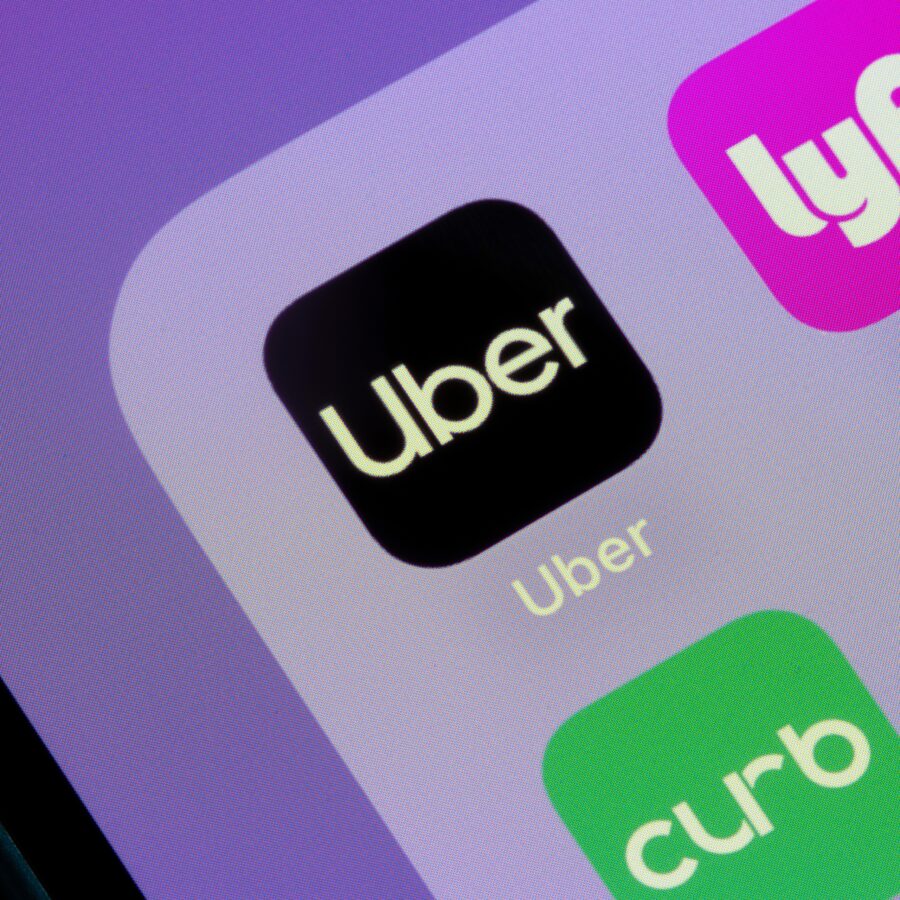Every second in the United States, 45 Uber ride-sharing cars pick up passengers.
Although not many of the rides with Uber, Lyft or other ride-sharing companies end badly, some do – with accidents or sexual assaults. As those companies lobby for protection against lawsuits, the options for victims get more complicated.
Under the common carrier doctrine, taxi, train and other transportation companies are responsible for the safe passage of their riders. But Uber, Lyft and other ride-sharing companies argue the doctrine doesn’t apply to them because they claim they don’t provide transportation, they just use technology to broker rides. “It’s not different from a rider’s perspective,” said Will Ourand, an attorney with Newsome Melton. “Calling yourself a broker because you are using an app is no different than Yellow Cabs saying they use a dispatcher. At the end of the day, it’s the same core service –it’s providing transportation.”
Several states, including Florida, have passed laws sought by ride-sharing companies saying they are not common carriers.
That makes it harder for injured people to sue the transportation network companies (TNCs) as companies like Uber and Lyft are called.
In jurisdictions without the new law, plaintiffs’ attorneys can still argue the company had an “elevated duty of care” to get their riders safely to a destination. “The reason why common carriers have the elevated duty of care is because the passenger must trust his or her body to that carrier. That’s how they are making their money and it shouldn’t be treated lightly.”
In a safety report released in December, Uber said 99.9 percent of rides happen without safety problems.
The law on TNCs is still evolving. And the particulars affect the potential liability of TNCs. Some cases involve a passenger riding in the car, others arise when a ride-sharing driver hits and injures someone else. And that group breaks down into people hit while the driver is taking a fare, those injured while the driver is logged into the application but doesn’t have a passenger, and those hurt when the driver is not logged in.
In the latter case, when the driver isn’t logged in, injured victims are often stuck with just the driver’s personal insurance policy to cover their injuries, medical bills, and lost wages. Under the Florida law and others like it, the TNC provides coverage at limited levels ($50,000 per injury, $100,000 per incident and $25,000 for property damage) when the driver is logged in. Once the driver has accepted a ride request or has a passenger, TNC coverage goes up to $1 million.
But even $1 million doesn’t cover the medical bills of some catastrophic injuries.
In states without the new laws, attorneys can argue that the ride sharing company is responsible because they are essentially employees of the company. (Which Uber and Lyft deny.) In states like Florida, attorneys still can argue direct or vicarious liability of the TNC. Some possible arguments include negligent hiring and retention (especially if there was an overlooked red flag in the driver’s history), negligent training, supervision and monitoring, and fraud based on safety claims by the company.
In addition to accidents, ride-sharing drivers have been involved in sexual assaults.
“Not only are they smacking into people, but the drivers are assaulting people,” Ourand said.
In a California case, Doe v. Uber Techs, Inc, 184 F. Supp. 3d 774 (N.D. Cal. 2016), two women who were sexually assaulted by drivers successfully argued that Uber bore responsibility under the common carrier doctrine. Laws like the one in Florida will make those arguments more difficult.
Although a rape case on a train wouldn’t require the plaintiff to prove negligence on the part of the carrier, with ride sharing companies they argue proof is needed. “That’s the second wave of lawsuits,” Ourand predicted.
The third wave could be self-driving cars. A woman was killed in Arizona by an Uber self-driving car and the backup-driver was charged with negligent homicide for allegedly being distracted by watching “The Voice” on a cellphone.
If you have questions about this topic or need assistance filing a claim involving ride sharing, Newsome Melton can help. Contact us at 1-888-380-2809.


